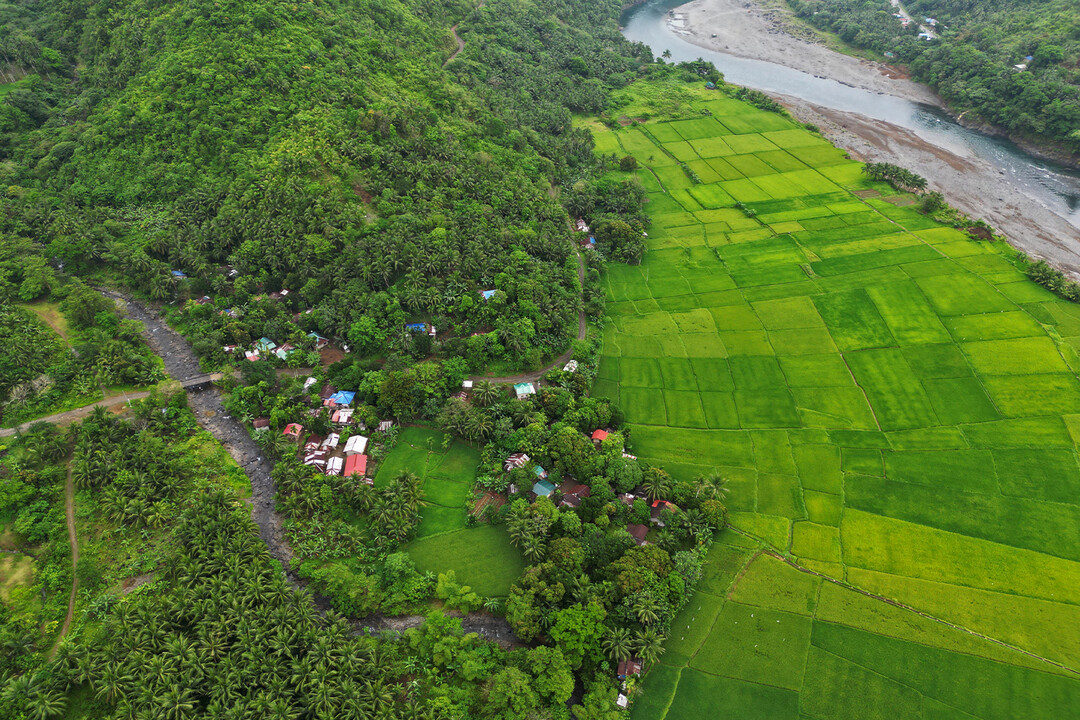
Manila, Philippines – The Philippines faces a complex set of challenges: limited access to safe water, deteriorating soil quality, and a growing demand for sustainable solutions in both agriculture and public services. These issues significantly impact the nation's future food and water security, demanding an urgent national response.
Specifically, extreme droughts and floods exacerbated by climate change are intensifying the imbalance of water resources, directly affecting agricultural productivity and casting a shadow over the national economy. Furthermore, conventional farming, which has relied on chemical fertilizers and pesticides for decades, has led to environmental problems such as the depletion of soil vitality and a reduction in biodiversity. Amidst this situation, the Philippine government and research institutions are seeking new strategies for sustainable development.
Equitable Water Resource Management and Organic Agriculture Expansion: Discussions at the PIDS Webinar
The Philippine Institute for Development Studies (PIDS) will host a public webinar via Zoom on Thursday, June 26, from 9:00 AM to 11:30 AM, to delve into two key issues: the equitable distribution of water access and sustainable agriculture. This webinar is expected to be a forum where academics, policymakers, civil society organizations, and relevant industry experts gather to explore practical solutions for the Philippines' sustainable future.
Expanding Public Water Access by Redefining Irrigation Water Rights
The first study, “Repurposing Rights to Expand Public Access to Water: The Case of the National Irrigation Administration,” was co-authored by PIDS Senior Research Fellow Roehlano Briones and Research Analyst Amerah Azis. This research deeply analyzes ways to improve household water access by rethinking irrigation water rights and enhancing inter-agency cooperation. Historically, the Philippines' irrigation system has focused on providing water for agriculture, but with increasing population and urbanization, the limitations of the existing system have become clear due to the surge in demand for domestic water. Thus, the study emphasizes the need for institutional reforms, such as flexible repurposing of irrigation water rights and the formation of consultative bodies among water users, to efficiently allocate and manage water resources. It also presents concrete proposals for financial strategies and the role of the private sector in expanding water service provision and ensuring sustainability. For instance, discussions will include strengthening the financial soundness of water-related public enterprises, rational application of the user-pays principle, and attracting infrastructure investment by leveraging the technology and capital of private companies. This research is expected to contribute to strengthening the Philippines' water security in the long term, beyond short-term problem-solving, and ensuring the right of all citizens to access clean water.
Exploring the Potential for Widespread Adoption of Organic Fertilizers: Transitioning to Sustainable Agriculture
The second study, “Prospects for Widespread Adoption of Organic-Based Fertilizers in the Philippines: A Rapid Appraisal,” was jointly conducted by Dr. Roehlano Briones, Project Technical Associate Helena Luz Pastolero, and former Senior Research Specialist Ivory Myka Galang.
This study analyzes the obstacles hindering the widespread adoption of organic fertilizers, policy incentives, and essential elements needed to make organic fertilizers a scalable and sustainable standard in Philippine agriculture. Currently, Philippine agriculture suffers from deteriorating soil health and environmental pollution due to its high reliance on inexpensive chemical fertilizers. Organic fertilizers are gaining attention as an alternative that can solve these problems, enhance soil fertility, and restore ecological balance. However, high production costs, low productivity, lack of awareness among farmers, and inadequate distribution channels for organic fertilizers are cited as major factors hindering their widespread adoption.
The study proposes a multi-faceted approach to overcome these obstacles. First, the government should expand policy incentives such as subsidies and tax reductions for the production and use of organic fertilizers to reduce the initial burden on farmers. Second, production costs must be reduced and quality improved through the development and dissemination of organic fertilizer production technologies. Third, farmer education and promotional programs should be strengthened to raise awareness by communicating the environmental and economic benefits of organic farming and disseminating success stories. Fourth, the distribution and supply chains for organic fertilizers need to be streamlined to improve accessibility, making it easier for farmers to purchase them. Finally, the certification system for organic produce must be strengthened and consumer trust secured to enhance the market competitiveness of organic agriculture. This research presents an essential roadmap for the Philippines to transition to sustainable agriculture and secure long-term food security.
Importance of Participating in the Dialogue for a Sustainable Future
This webinar will be a meaningful forum for promoting practical, comprehensive, and sustainable reforms in the Philippines' water and agricultural sectors. PIDS hopes that through this event, research findings will be reflected in policy decisions, leading to positive changes across Philippine society. Efficient management of water resources and the widespread adoption of organic farming are not merely environmental issues; they are critical tasks that can contribute to overall social welfare by reducing poverty, improving health, and revitalizing local communities. The Philippine government already laid the legal groundwork for the spread of organic farming by enacting the Organic Agriculture Act in 2010, but much progress is still needed. Through this webinar, it is necessary to further strengthen these legal and institutional foundations and explore practical implementation measures.
All interested participants can pre-register through the PIDS website and watch the live stream via the PIDS and SERP-P Facebook pages. Reading the relevant research reports before the webinar can provide a foundation for engaging in in-depth discussions. This event is expected to be a significant turning point for the Philippines' sustainable future.
[Copyright (c) Global Economic Times. All Rights Reserved.]






























